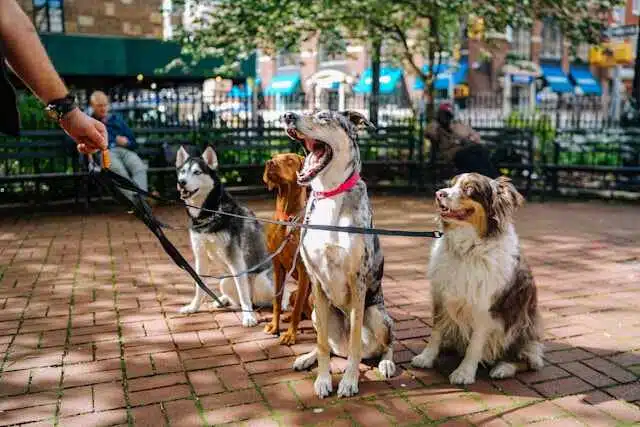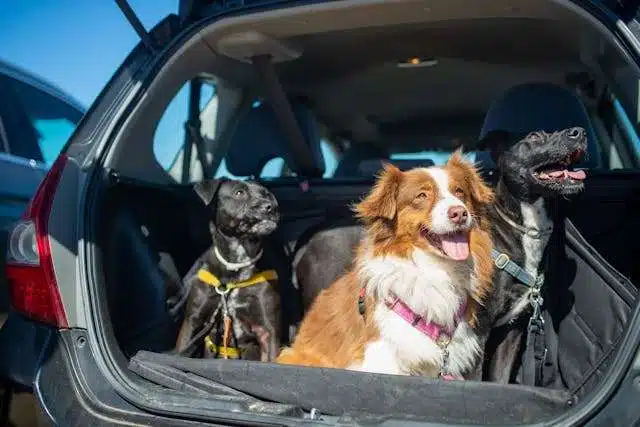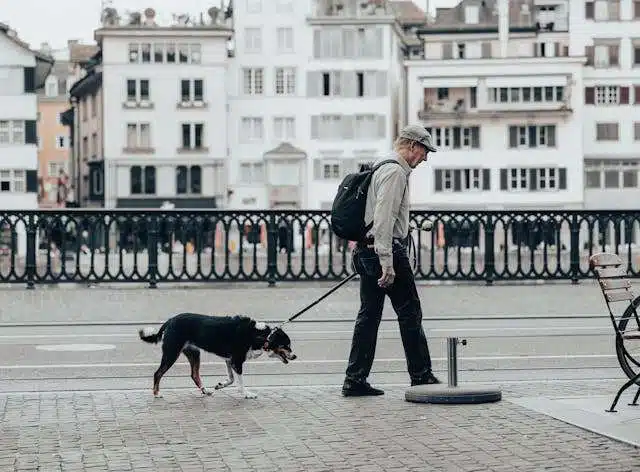The first thing that comes to mind when you find your dog scooting across the floor is probably laughing. If you search Google for “dog dragging butt,” you’ll find plenty of images and videos that offer a lot of amusement. But did you ever wonder what caused your dog to scoot? Should you be concerned about it? Here, we’ll discuss possible causes and remedies for your dog’s scoot.
Table of Contents
ToggleOverview of Dog Scooting

So what is dog scooting? Scooting is exactly what it sounds like. Your dog scoots along the ground by dragging their butt, usually using their front legs to move along, while their hind legs stick up. Although it seems silly, your dog has a reason for doing it. He’s trying to relieve an itch on his rear end. The question remains, what causes this discomfort in the first place?
Causes of Dog Itchy Bum

There are several reasons for dogs to drag their butts. These are some of the most common reasons for scooting:
1. Itchy Skin: Dogs who scoot may have itchy skin around their anus, which is one of the most common causes of this behavior. Like people, dogs can be itchy on various parts of their bodies, and this may be due to dry skin or allergies. Scooting helps relieve this itchiness in those hard-to-reach places. If your canine friend is prone to itchy, irritated skin, you can help by feeding them a diet with omega-3 fatty acids to promote healthy skin. Adding a supplement to their meals, like omega oil, can be a big help. Sometimes your dog may scoot due to an itch. If they exhibit this behavior and then immediately stop, you probably have nothing to worry about.
2. Grooming Irritation: Is your dog regularly groomed? A groomer’s clippers can cause razor burn around the anal area, and perfumes and doggy colognes can irritate the skin in this area too. To prevent razor irritation, talk to your groomer about switching products or keeping the hair a little longer back there.
3. Clogged or Infected Anal Glands: Another common cause your dog may be scooting is clogged or infected anal glands. The duct that releases fluid from your dog’s anal glands can become clogged when the glands become too full. As full anal glands stretch, it causes your dog discomfort, which they try to relieve by scooting. If your dog is suffering from food allergies or is not getting enough fiber in their diet, this may be leading to anal gland problems. If your dog needs more fiber in their diet, consider adding pumpkin powder as a food topper.
4. Intestinal Parasites: There’s also the possibility that butt scooting can be caused by intestinal parasites. When a flea bites your dog, it can transmit tapeworm larvae, which then mature in your dog’s intestines, and you’ll notice them in their bowel movements as white rice-like segments. Talk to your vet about the best medication options for monthly parasite prevention.
When Should I Call The Vet?

Since your dog may be scooting due to any of these reasons, how do you know when to call your veterinarian? Follow this general rule of thumb: If you see your dog dragging its butt more than once a day or consistently for more than two days, your dog may be in need of medication, something might be wrong and it’s time to speak with your vet. In the case of infection, your vet will usually drain the anal glands and prescribe antibiotics and possibly anti-inflammatories to help with the discomfort. If your pup tests positive for intestinal parasites, they will usually prescribe a deworming medication. It might also be necessary to make some changes to your dog’s diet if your veterinarian suspects it’s the cause of your pet’s scooting. You may be recommended a probiotic supplement to maintain good gut health and promote regular bowel movements.
We laugh or cringe most of the time if our dog scoots. However, dogs scoot for a reason. It’s a symptom of an issue, even if it’s something as minor as an itchy behind. No matter what the cause of your dog’s butt-dragging behavior is, you should try to resolve it as soon as possible. The moment you notice your dog scooting, you should consult a veterinarian immediately.



